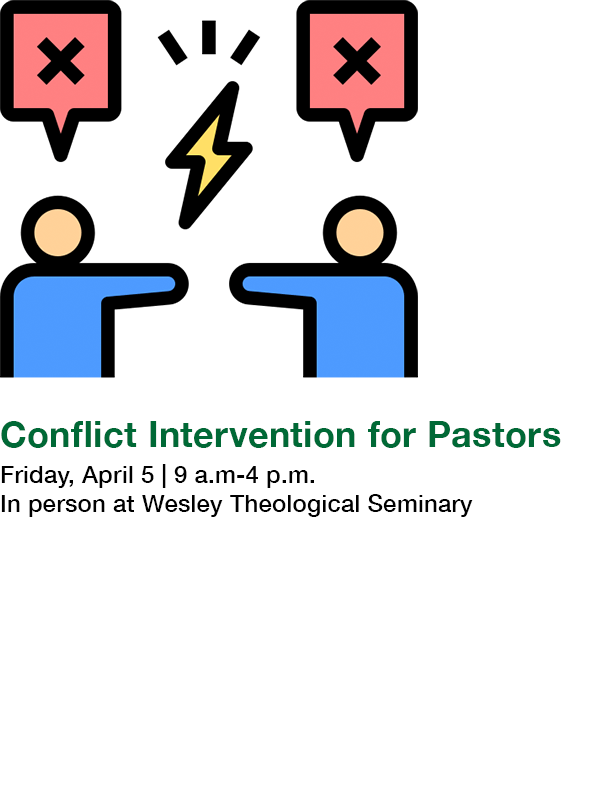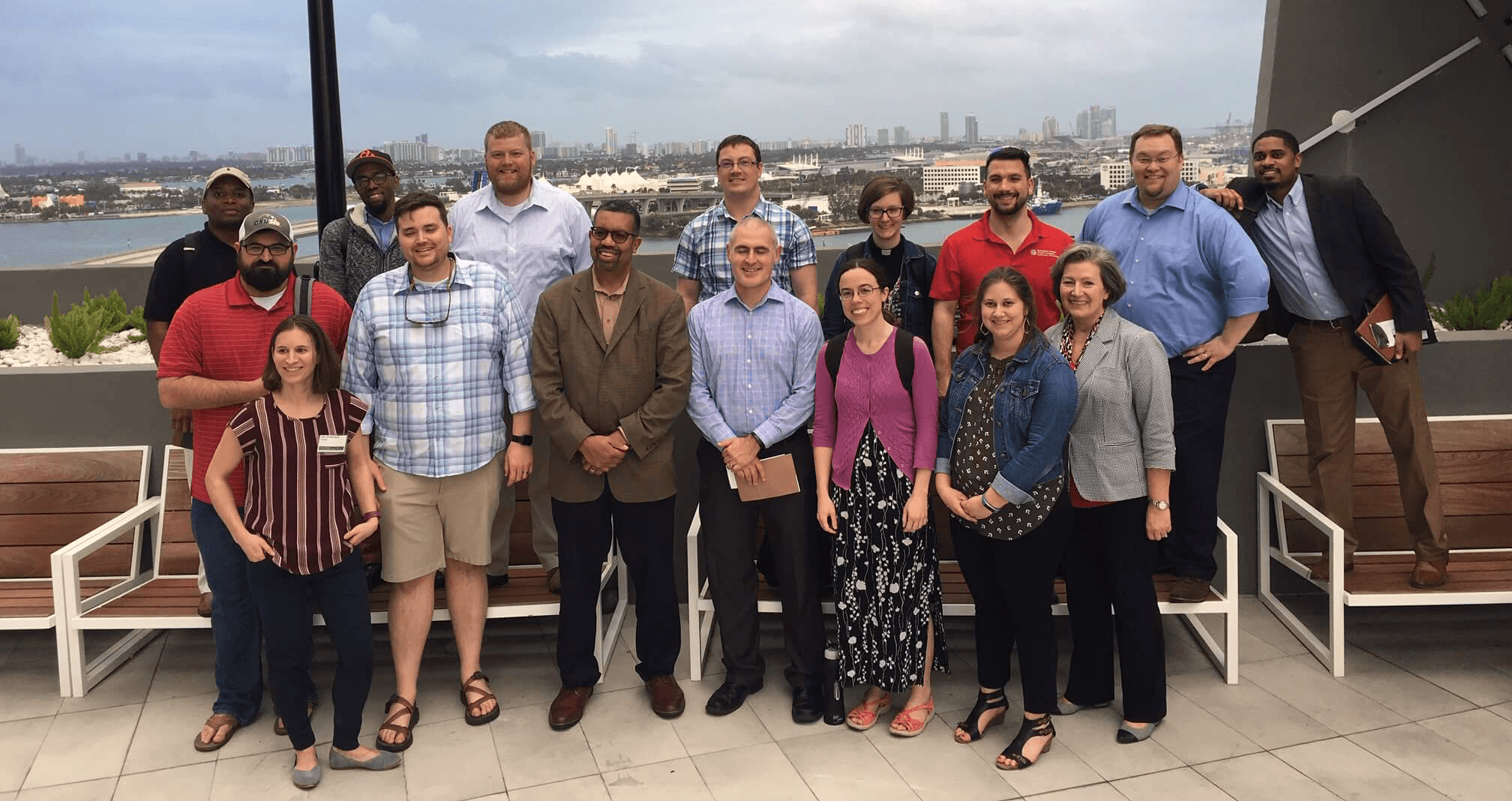Subscribe free to "Leading Ideas" at churchleadership.com/leadingideas. Every Wednesday, "Leading Ideas" delivers information, resources, and strategies for forward-thinking church leaders.
I learned that disputes among the faithful, although usually fought with polite words, can be as acrimonious in their language as a street brawl.
Leaders do not need answers.
Leaders do not need answers.
The world is moving in profound ways. We should not think that Christianity is disappearing. It is, however, changing.
Leaders do not need answers.
There are a vast number of things we could do; there are many things we should do; but there are a critical few things we must do.
Leaders do not need answers.
Helping a community of faith re-vision its personal and collective narratives is one of the greatest leadership challenges of the age.
Leaders do not need answers.
Resilience is not something we have a fixed amount of but something we can build — in ourselves, in our children, in our organizations, in our communities.
Leaders do not need answers.
The best way to develop leaders is to help them lead. The best way to learn to lead is to accept that help in the here and now.
Leaders do not need answers.
Great leaders know that true power is not in how many decisions we can make but in how many people we can influence.
Leaders do not need answers.
It’s inevitable that historical memory will fade — but not inevitable that we lose the lessons.
Leaders do not need answers.
If the same 10 or 15 people have the same conversations about strategy in the same way, new insights will be unlikely.
Leaders do not need answers.
There are innovations that spring from a flash of genius. Most innovations, however, especially the successful ones, results from a conscious, purposeful search for innovation opportunities.
Leaders do not need answers.
Leaders do not need answers.
Leaders find themselves feeling like “crisis managers” much too often because, according to Daniel Burrus, they devote little time, on a regular basis, to becoming an “anticipatory leader” for an “anticipatory organization” that solves problems before they become a crisis. To do this, he suggests that leaders and groups look into the visible future and ask:
Leaders do not need answers.
When leaders consistently dedicate themselves to the purposes of the group rather than to the enhancement of their own power, they demonstrate authenticity. Authenticity establishes credibility and sustains supporters’ faith in leaders.
Leaders do not need answers.
This article is reprinted by permission from Leading Ideas, a free e-newsletter from the Lewis Center for Church Leadership of Wesley Theological Seminary available at churchleadership.com.



